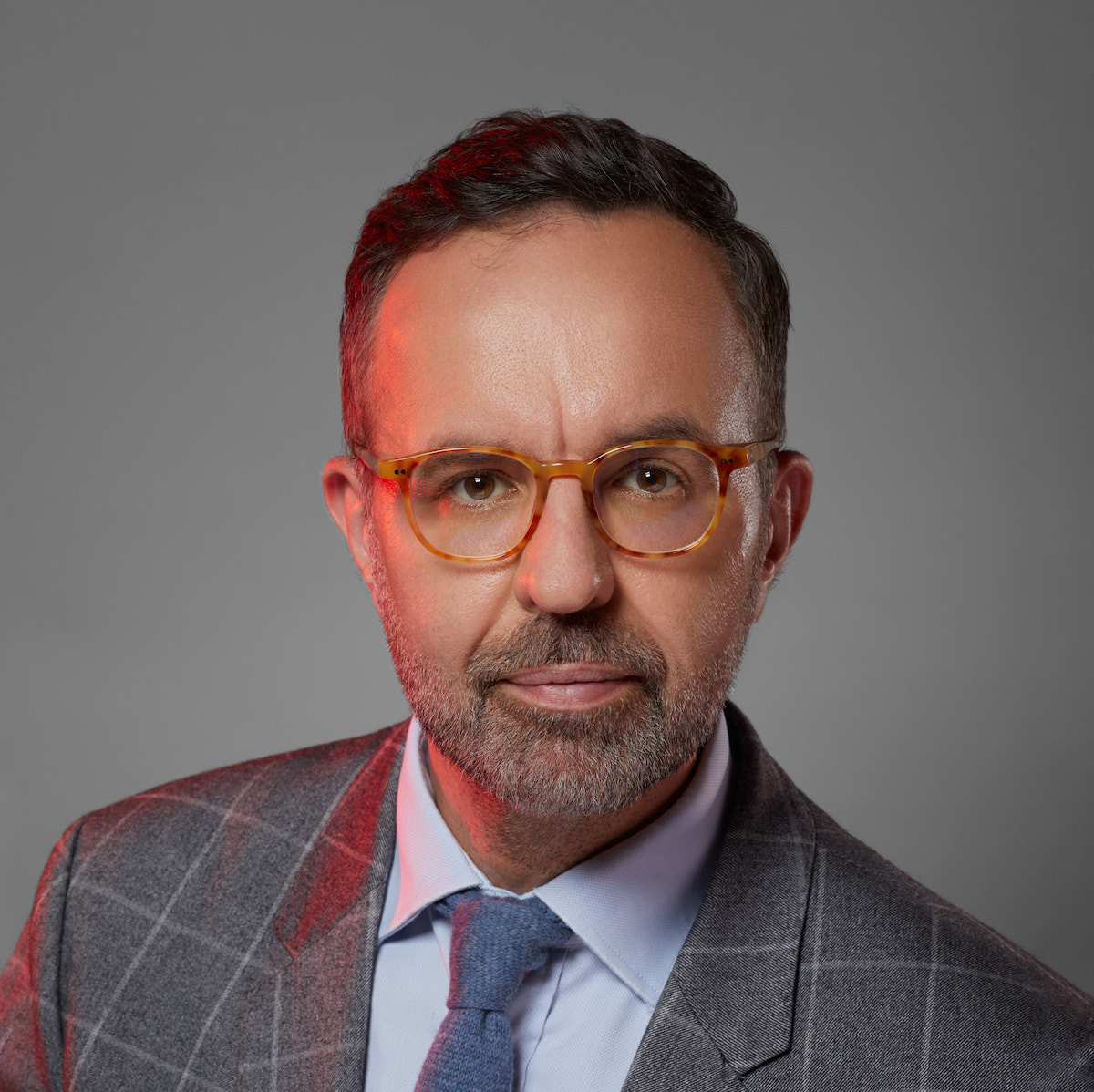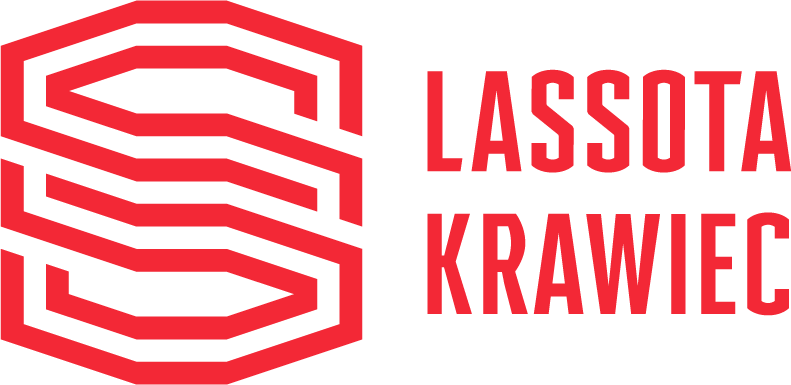Legal Panel
31.05, 14.00-15.30 – ASP 1
Language: Polish
LEGAL PANEL: Bestseller clause, AI algorithm training and other changes in copyright law
Internet royalties were the most talked-about change in September 2024 in Polish copyright law, but not the only one. The amendment also included a number of lesser-known changes resulting from the implementation of EU directives.
Partners of the LASSOTA KRAWIEC law firm will discuss a number of changes that may have gone unnoticed, and will also discuss their practical impact on the film industry.
The legal panel will cover, among others, the following topics:
- changes to statutory guidelines for determining the remuneration of creators
- change in the wording of the bestseller clause and the possibility of its application to co-creators of a film
- new related law for press publishers
- rules for using copyrighted works to train AI models
- rules for informing about the use of AI tools

Wojciech Krawiec attorney, trainer, partner of the Lassota Krawiec sp. j. law firm, specializes in copyright law, business law, new technology law and personal data protection. Associated with the new technology industry and the creative industry. He teaches business law and IT at the AGH University of Science and Technology in Krakow, as well as training in copyright law and personal data protection, and has led legal panels at film festivals. He advises and serves both private and public sector entities, including cultural institutions.

Marcin Lassota attorney, trainer, arbitrator and professional mediator, partner of the Lassota Krawiec sp. j. law firm, specializes in copyright and film law, arbitrator and mediator at the Court of Arbitration of the Audiovisual Market (SARA) at the National Chamber of Audiovisual Producers (KIPA) in the years 2019-2023. Associated with the audiovisual market and creative industry, responsible, among others, for legal services for such films as “The Prince and the Dybbuk” directed by Elwira Niemira and Piotr Rosołowski, “Fanatyk” directed by Michał Tylka, “Maryjki” directed by Daria Woszek, “The Real Life of Angels” directed by Artur Więcek, “The Eagle. The Last Patrol” directed by Jacek Bławut as well as “Mama” directed by Or Sinai (world premiere at the Cannes Film Festival 2025).
